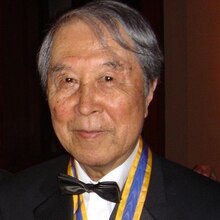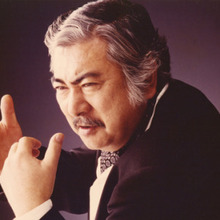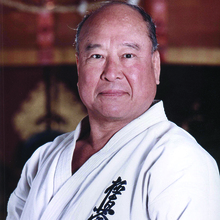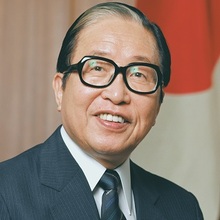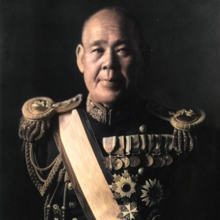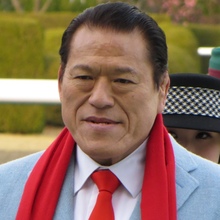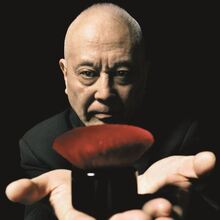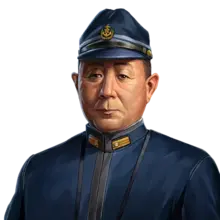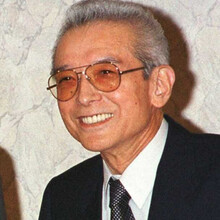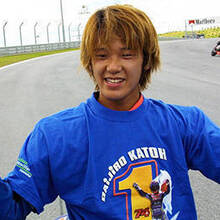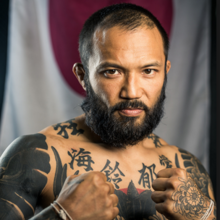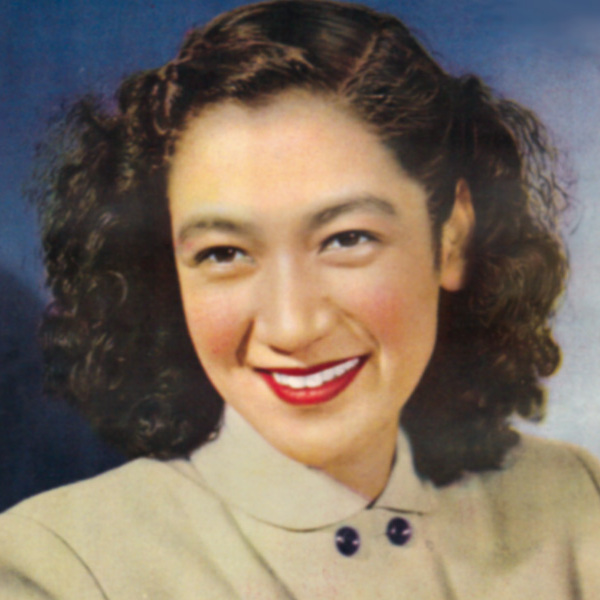
Personal
Other names:
Masae Aida
会田 昌江
Job / Known for:
Actress in Yasujirō Ozu's films
Left traces:
Her performances in Late Spring, Tokyo Story
Born
Date:
1920-06-17
Location:
JP
Yokohama, Kanagawa, Japan
Died
Date:
2015-09-05 (aged 95)
Resting place:
JP
Death Cause:
Pneumonia
Family
Spouse:
Children:
Parent(s):
Toranosuke Aida and Asae Aida
QR Code:
Show More
Rank
Users ranking to :
Thanks, you rate star
Ranking
5.0
1
About me / Bio:
Show More
Article for Setsuko Hara
Died profile like Setsuko Hara
Comments:

